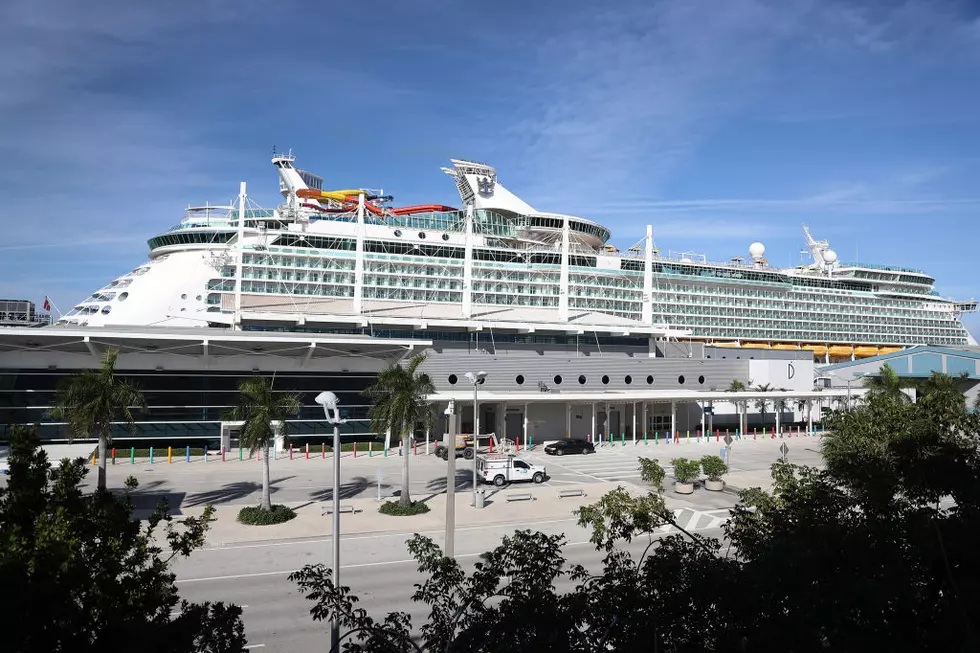
Texas Joins Florida’s Lawsuit Over CDC’s Shutdown of Cruise Industry

Is it time for cruise ships to start sailing again?
Texas Attorney General Ken Paxton filed a motion on Thursday (May 6th) to intervene in the State of Florida's case against the Department of Health and Human Services and the Centers for Disease Control and Prevention (CDC) for their continued series of what Paxton describes as "unlawful orders" that has brought the cruise industry to a halt.
While states like Florida and Texas have reopened and businesses are reopening at full capacity, cruise lines that port out of the two states have yet to be able to run because they're under the CDC's thumb.
According to AG Paxton, the Centers for Disease Control and Prevention have issued a series of "no-sailing," or "conditional-sailing" orders. Those orders have crippled the cruise industry in Texas and Florida, and led to many business failures in the Lone Star State.
According to a press release, Paxton argues that government policy should not destroy an industry:
“The pandemic showed us that the need for stable and predictable law has never been greater. Government policy should not have the ability to destroy industries and eliminate workforces with the stroke of a pen,” Attorney General Paxton said. “The cruise industry needs clearly defined expectations for safe operations and protection from baseless COVID-related claims while the country is reaching new vaccination records.”
In 2019, tourism-related businesses like travel agencies, airlines, bars, restaurants, entertainment venues, and hotels received around $816 million in direct cruise industry expenditures in Texas. In total, direct expenditures from the cruise industry created almost 29,600 jobs and generated $1.8 billion of income in just one year alone. The Port of Galveston is the fourth largest cruise port in the country.
The cruise industry in other parts of the world has picked up and is running again in many sports, but not here in the United States.
LOOK: Here are the 50 best beach towns in America
More From 101.5 KNUE









